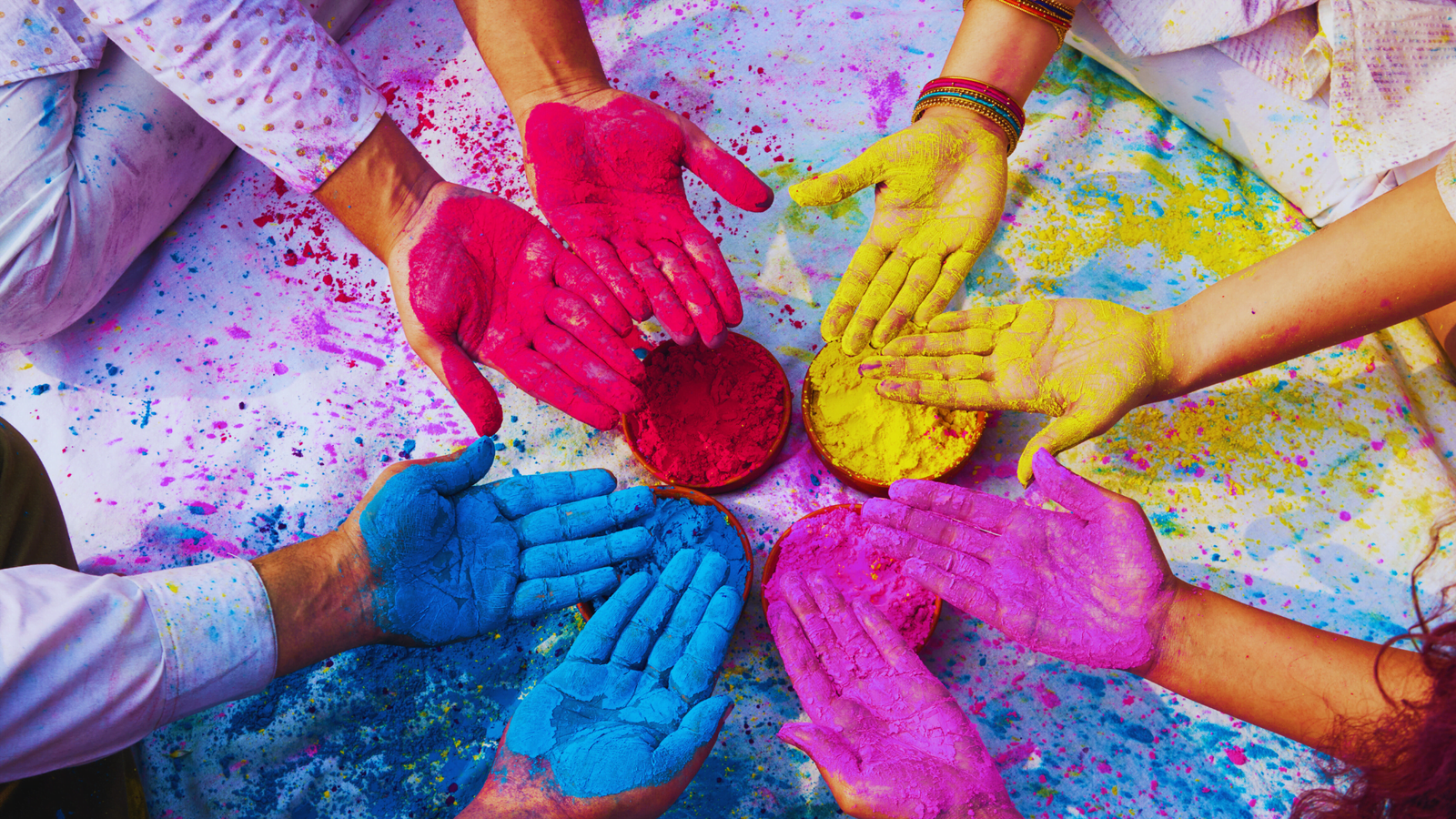The Binjhia Tribe, a vibrant ethnic group weaving its cultural legacy through the heartlands of Odisha and Jharkhand. In this exploration, we’ll dive into the essence of Binjhia identity, tracing its roots, subdivisions, cultural intricacies, and the kaleidoscope of beliefs that shape their unique existence.
Embarking on the Binjhia Odyssey
Unraveling Etymology and Origins
Let’s journey back in time to understand the genesis of the Binjhia name. Could it be connected to the majestic Vindhya Hills, as some sources suggest? Delve into their belief of a homeland in Kolanagari, nestled within the Vindhya valley.
A Dance of Subdivisions
Discover the Binjhia Tribe’s mosaic of identity through four distinct subgroups—Asur-Binjhia, Agaria-Binjhia, Pahariya Binjhia, and Dand-Binjhia. Each subgroup holds its unique cultural thread, forming a rich tapestry within the broader Binjhia canvas.
Cultural Kaleidoscope of the Binjhia

Homogeneity in Settlements
Explore the Binjhia settlements—vast, homogeneous landscapes where the pulse of their culture beats. Unveil the intriguing fact that they defy clan exogamy, considering each village a unique exogamous unit.
Marriage Traditions: A Tapestry of Diversity
Peek into the Binjhia’s fascinating marriage traditions—a mosaic of preferences. Adult marriages take center stage in some groups, while in others, child marriages paint the canvas of tradition. The intricate dance of cross-cousin marriages, levirate, sororate, and the acceptance of widows and divorcees adds color to their cultural palette.
Beyond the Veil of Life and Death
Step into the realm where life and death intertwine. Binjhia practices include both burial and burning of the dead, with distinct burial grounds reserved for different lineages. Unearth the spiritual landscape as they worship benevolent and malevolent spirits alongside Hindu deities like Jagannath, with Budharaja as their revered village deity.
Socio-Economic Symphony of the Binjhia

The Dance of Transactions
Witness the economic heartbeat of Binjhia society. Still holding onto the barter system at the village community level and bustling weekly markets, the Binjhia people exemplify a harmonious dance of socio-economic transactions where women play a pivotal role.
Clan Chronicles: Dibiris to Gauntia
Unravel the intricate web of Binjhia social structure, starting at the extended family level called dibiris. Clusters of dibiris form a local group of families, culminating in a minor lineage known as jama. The aggregation of jamas in a village constitutes a major lineage—khumuri. These, in turn, compose a small clan—barga—led by a figurehead known as Gauntia.
Conclusion
As we conclude our odyssey into the Binjhia Tribe’s enigmatic world, we’ve glimpsed the vibrant threads that weave their cultural tapestry. From the echoes of Vindhya Hills to the dance of life and death, the Binjhia Tribe stands as a testament to the beauty of diversity and the resilience of tradition.
Frequently Asked Questions
- Q:What is the significance of the name Binjhia?
- A: The name Binjhia is believed to be connected to the Vindhya Hills, with roots tracing back to Kolanagari in the Vindhya valley.
- Q:How are Binjhia marriages celebrated?
- A: Binjhia marriages showcase a diverse tapestry, with some groups preferring adult marriages while others embracing child marriages.
- Q:What role do women play in Binjhia society?
- A: Women are integral to all socio-economic transactions, playing a crucial role in the barter system, weekly markets, and family structures.
- Q:How is the Binjhia social structure organized?
- A: The Binjhia social structure begins with extended families called dibiris, forming local groups, minor lineages (jama), major lineages (khumuri), and small clans (barga).
- Q:What deities do the Binjhia Tribe worship?
- A: Alongside Hindu gods like Jagannath, the Binjhia Tribe worships a variety of benevolent and malevolent spirits, with Budharaja as their revered village deity.














